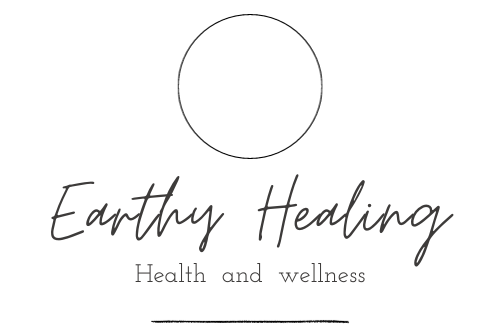Introduction:
Lemon water, a simple yet powerful health tonic, has been touted for its numerous health benefits and revitalizing properties. Made by squeezing fresh lemon juice into water, this refreshing drink is not only a staple in many health enthusiasts’ diets but also has a longstanding reputation in traditional medicine for promoting hydration, aiding digestion, and enhancing skin health. This article delves into the science-backed benefits of lemon water and how to incorporate it into your daily health regimen.
What is Lemon Water?
Lemon water is a straightforward concoction made by mixing the juice of a lemon with water, which can be consumed hot or cold. It combines the nutritional benefits of lemons, rich in vitamin C, antioxidants, and other beneficial compounds, with the hydrating properties of water.
Health Benefits of Lemon Water
- Promotes Hydration: Drinking lemon water can help meet your daily water intake needs, keeping you hydrated and supporting overall bodily functions.
- Enhances Digestive Health: Lemon water is believed to stimulate digestion and alleviate symptoms like bloating, indigestion, and constipation.
- Boosts Immune System: With its high vitamin C content, lemon water supports the immune system, helping to ward off colds and flu.
- Aids in Detoxification: Lemon water is often associated with detoxifying effects, helping to flush toxins from the body and improve liver function.
- Skin Health: The antioxidants in lemons can contribute to clearer, more radiant skin by reducing oxidative stress and promoting collagen production.
- Supports Weight Management: Drinking lemon water, especially before meals, can help enhance feelings of fullness, aiding in weight management efforts.
How to Make Lemon Water
- Squeeze the juice of half a fresh lemon into a glass of warm or cold water.
- For added flavor and health benefits, you can include a few slices of lemon, a sprig of mint, or a dash of honey.
- Consume lemon water first thing in the morning on an empty stomach for optimal benefits.
Safety and Considerations
While lemon water is safe for most people, the citric acid in lemons can erode tooth enamel over time. To minimize this risk, rinse your mouth with plain water afterward. Individuals with gastroesophageal reflux disease (GERD) or citrus allergies should consume lemon water with caution and consult a healthcare provider if necessary.
Conclusion:
Lemon water is a simple yet effective way to boost your health and wellness routine. Its hydrating, digestive, immune-boosting, and detoxifying benefits make it a versatile and beneficial drink for individuals looking to enhance their health naturally. Incorporating lemon water into your daily regimen can be a refreshing way to support your overall well-being.










